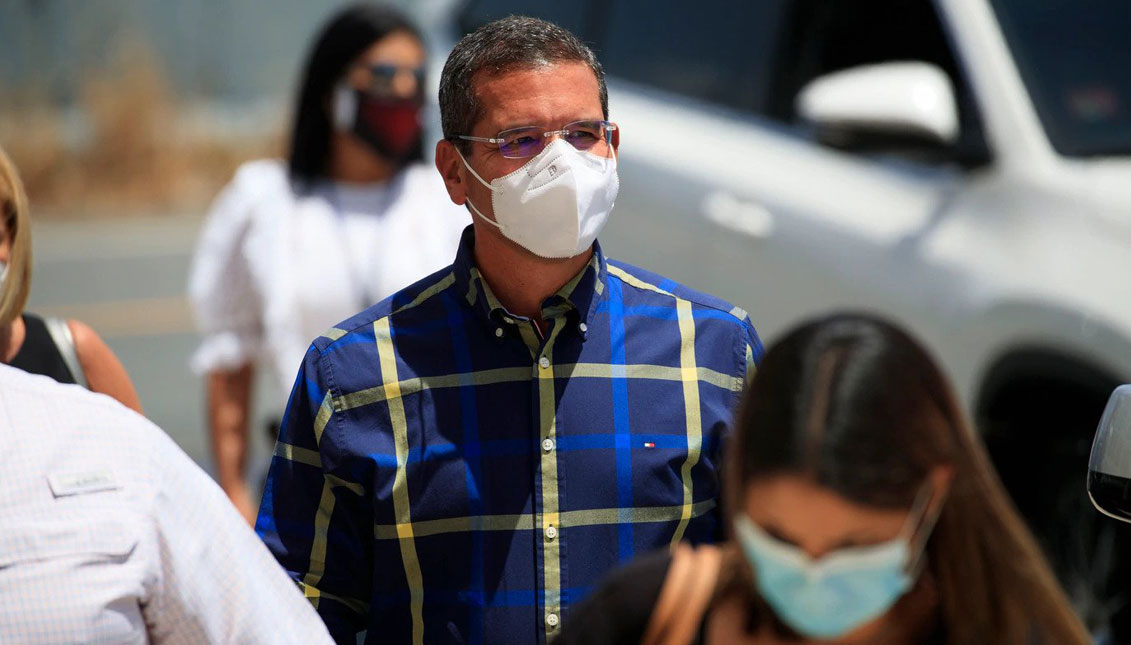
Should Puerto Rico Be Admitted As A State? asks Gov. Wanda Vazquez
Wanda Vazquez announced the holding of the sixth plebiscite in the history of Puerto Rico on whether it should be annexed as a state.
Six times since 1967, Puerto Ricans have asked themselves if they want to become the 51st state of the United States: in 1967, 1993, 1998, 2012, 2017 and on Nov. 3, 2020 it will be the sixth.
In the 2017 plebiscite - led by former Governor Ricardo Rosselló - the majority of votes indicated a desire for Puerto Rico to become a state, but voter turnout was minimal, less than 23%, and it was, as now, a non-binding plebiscite, so it brought no consequences for the island's status.
Puerto Rico's Governor, Wanda Vazquez, announced on Saturday, May 16, that the plebiscite will have the question, "Should Puerto Rico be admitted immediately into the Union as a state?, Yes or No," on an additional ballot to the island's general election, to be held that same day.
The announcement immediately raised criticism and suspicion.
On the one hand, the plebiscite has, again, a non-binding character and for it to have any effect Congress would have to approve the question, which has not happened in the last five consultations.
RELATED CONTENT
Second, both independence supporters and those who support Puerto Rico maintaining its current status as a territory have already announced the beginning of campaigns in favor of voting No.
The above reason is related to the following: the current governor is not only seeking her candidacy for the island's general elections but has taken office as the successor to Ricardo Rosselló, who was forced to resign in 2019 after the #RickyLeaks scandal published by the Center for Investigative Journalism.
The #RickyLeaks were 889 pages of Telegram chats between Rosselló and his associates where they orchestrated how to handle the island's political narrative, mocked journalists, made sexual jokes and made various derogatory comments regarding the deaths of Hurricane Maria.
This means that Vazquez, as Rossello's heir, is not in any position to be comfortable and would rather be looking for ways to gain political capital and call a greater percentage of the population to the polls, given the deep dissatisfaction against the political class that was left in the air after the social protests forced the former governor out.
The plebiscite promises to reignite the bonfire over whether Puerto Rico should seek statehood or independence from the United States. Given that, in the midst of the COVID-19 pandemic, the island is still waiting for the arrival of reconstruction funds for Maria, Irma and the earthquakes it recently faced, it is possible that a significant part of the population will be inclined toward independence - and, consequently, vote No in the plebiscite - but in the midst of the COVID-19 pandemic and in view of the possible arrival of the greatest economic depression since the Great Depression of 1930, the chances that Congress will listen to this call are minimal.











LEAVE A COMMENT: